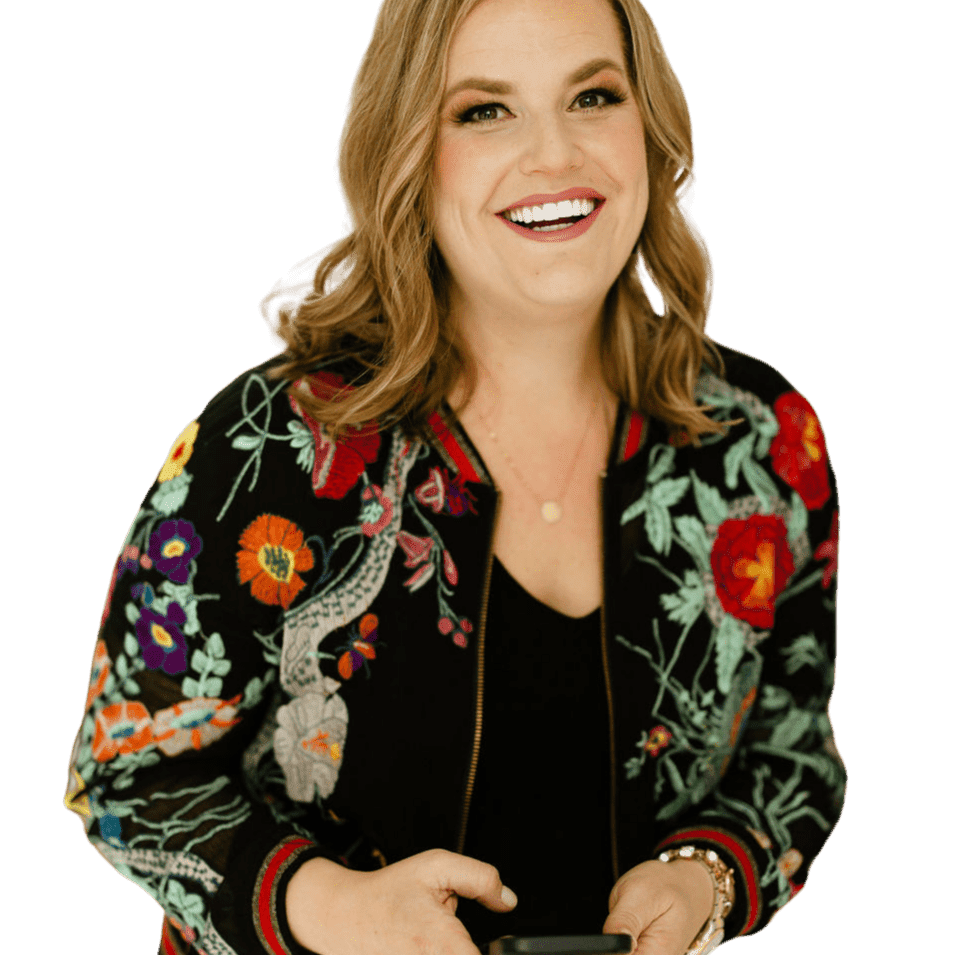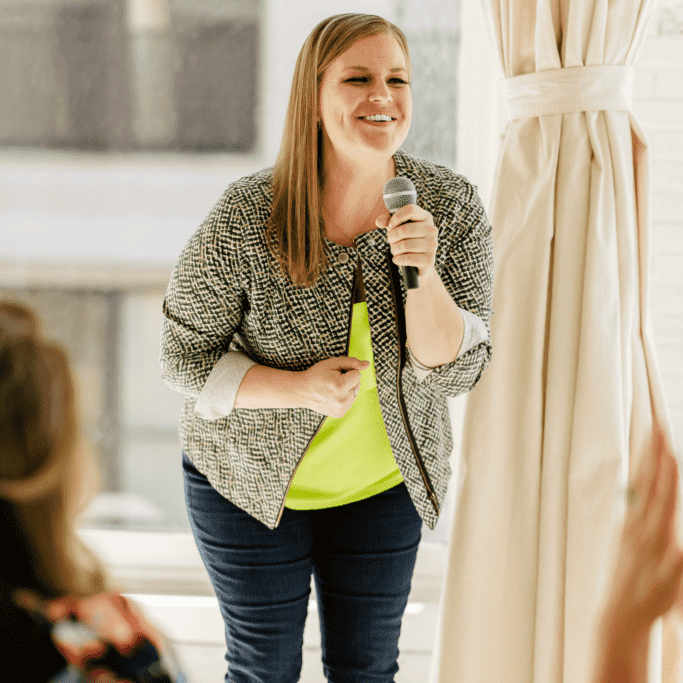Master Consultative Sales vs. Transactional Sales: Tips and Techniques for Success
Discover the key differences between consultative and transactional sales. Learn how to build lasting client relationships through strategic, open-ended questions and explore techniques taught in our Sales Boot Camp. Elevate your sales approach with expert advice and practical examples tailored for long-term success.

Let’s dive into a hot topic that’s been buzzing with many of our clients: the difference between consultative sales and transactional sales. Understanding these two approaches can really up your sales game, so let’s break it down.
Consultative Sales: Building Relationships for the Long Haul
Once that relationship is established, you ask questions to ensure you are suggesting the right solution. Once you are 100% SURE that your solution is “the one,” and they agree, can you move to price. The price has to be positioned as a value to the client as well.
In consultative selling, you are in it for the long haul with that client and plan on doing business with them for a long time. It can also take a long time to win the deal, and that’s ok. You don’t want to rush anything with consultative selling. You are genuinely interested in making sure your solution is the perfect fit for them. You’re willing to modify your solution to meet the client where they are. Here’s how you can excel in consultative sales:
- Focus on Relationships: Establish a genuine connection with your client. This involves taking the time to understand their needs, challenges, and goals.
- Ask Strategic Questions: Use open-ended questions to uncover deeper insights. Questions like “What are you currently sleeping on?” or “How do you sleep: side, back, or stomach?” show your commitment to finding the perfect solution.
- Tailor Your Solutions: Be willing to modify your offerings to better fit the client’s needs. This flexibility demonstrates your dedication to their satisfaction.
- Value Over Price: Position the price as a component of the value you provide. When the client understands the benefits and long-term value, the price becomes secondary.
In consultative selling, the sales cycle can be longer, but the reward is a lasting relationship and repeat business. It’s essential to be patient and not rush the process.
Transactional Sales: Quick and Efficient Deals
Transactional selling, on the other hand, focuses on quick sales with less emphasis on building a long-term relationship. You are focused on selling a product and moving on to the next one. You talk price up front, and that price is what it is. You’re not as concerned about what the client needs or wants, you’re concerned about closing the deal, and fast. Here’s how to be effective in transactional sales:
- Short Sales Cycle: Aim for a fast turnover by focusing on immediate sales opportunities. This approach works well for products that don’t require a deep understanding of the client’s needs.
- Price Upfront: Discuss the price early in the conversation. This straightforward approach can expedite the decision-making process.
- Efficiency: Streamline your sales process to handle a high volume of transactions. This involves being clear, concise, and direct with clients.
- Product Knowledge: Be knowledgeable about your product and confident in its value. This helps in addressing any client queries swiftly and closing deals faster.
The Power of Open-Ended Questions

One key technique we emphasize in our Sales Boot Camp is the use of open-ended and strategic questions. These questions are designed to let clients sell themselves on the solution by reflecting on their needs and desires.
Here’s an example we give of strategic questions you might ask if you sold mattresses and someone was mattress shopping.
- What are you sleeping on now?
- This question helps the client recall their current issues, setting the stage for discussing potential solutions.
- How do you sleep: side, back, or stomach?
- Shows your genuine interest in their comfort and needs.
- What is your temperature while you sleep?
- Addresses additional comfort factors that they might not have considered.
- What health ailments do you have?
- Dives deep into their current and future needs, positioning your solution as a comprehensive benefit.
- What are you hoping to get out of your new mattress that you don’t have in your current one?
- Encourages them to share their aspirations, helping you position your product as the perfect solution.
Closing the Deal
After asking the necessary open-ended questions, confidently present your solution with a phrase like, “Based on what you told me…”. This approach ensures that the solution is seen as directly addressing their needs, making the price less of a focal point and highlighting the value instead.
How are you at asking questions? Need a little help with open-ended questions? Try the TED technique!

- Tell Me: When you use “Tell me” in your questions, you’re inviting your client to share their story or experience in a way that feels natural and open. This approach can help uncover details that might not surface through more direct questioning.
- Explain: “Explain” encourages your client to clarify or elaborate on a particular point. This helps you understand the nuances of their situation and gather specific information that can guide your solution.
- Describe: Asking someone to “Describe” something prompts them to paint a picture with their words, providing you with a richer, more detailed understanding of their needs and circumstances.
Need Help?
Still feeling like you could use extra support with your consultative sales techniques? No worries! Get in touch with us, and we’re here to help!
Final Thoughts
Mastering both consultative and transactional sales techniques allows you to be versatile and effective in various sales situations. Whether you’re building long-term relationships or closing quick deals, understanding these approaches and applying the right techniques can significantly enhance your sales success. Remember, the key to consultative sales is patience and personalization, while transactional sales thrive on efficiency and clarity. Happy selling!

About Lisa Proeber
Lisa Proeber is the force behind The Middle Six®. With more than 20 years of high-performing sales experience, she brings a breadth and depth of knowledge to her solo venture. The Middle Six® is not a gatekeeper; it opens the gates for anybody to learn how to succeed at sales. Sales is not a dirty word; it's equal parts art and science, starting from the bottom up. Ready to become a salesperson with a roadmap in hand? Join us, and let's make waves together.



